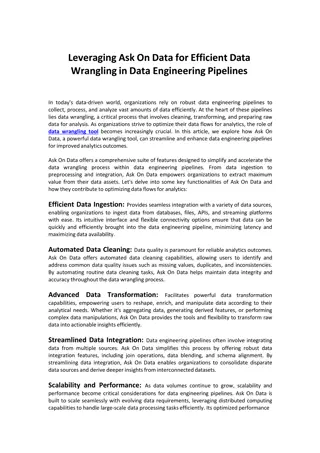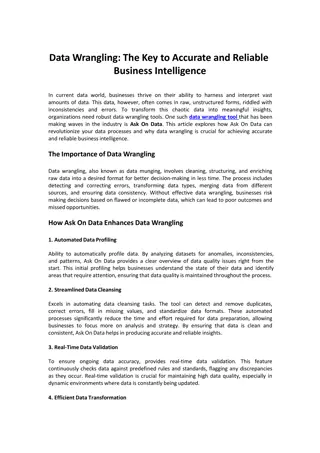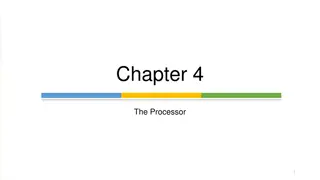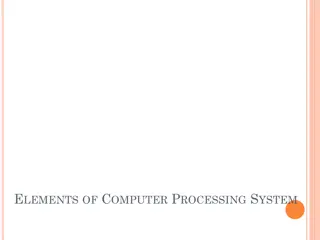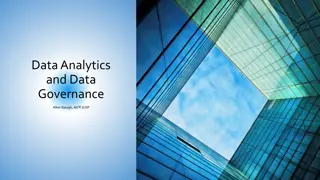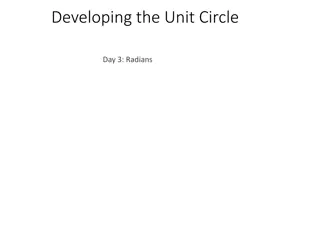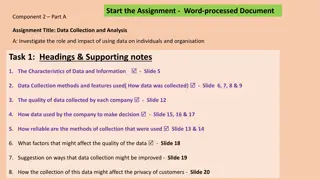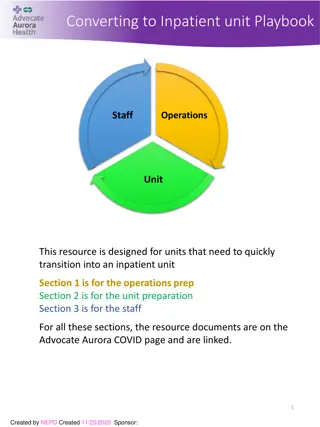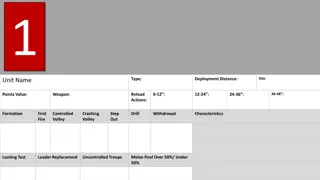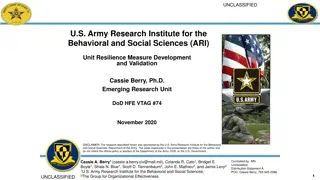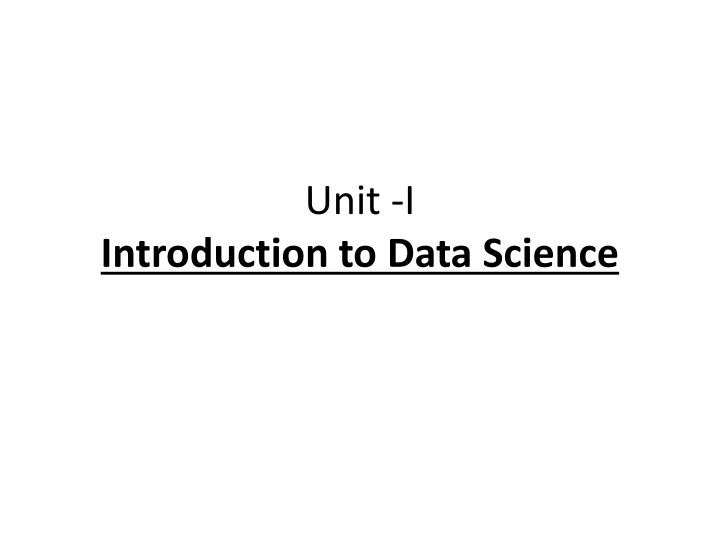
Roles and Skill Sets of Data Scientists in Data Science
Discover the key roles and skill sets of data scientists in the field of data science, including the importance of willingness to experiment, proficiency in mathematical reasoning, and data literacy. Learn about the interdisciplinary nature of being a data scientist and the critical role they play in extracting knowledge from big data.
Download Presentation

Please find below an Image/Link to download the presentation.
The content on the website is provided AS IS for your information and personal use only. It may not be sold, licensed, or shared on other websites without obtaining consent from the author. If you encounter any issues during the download, it is possible that the publisher has removed the file from their server.
You are allowed to download the files provided on this website for personal or commercial use, subject to the condition that they are used lawfully. All files are the property of their respective owners.
The content on the website is provided AS IS for your information and personal use only. It may not be sold, licensed, or shared on other websites without obtaining consent from the author.
E N D
Presentation Transcript
Unit -I Introduction to Data Science
Roles and Skill sets of the Data Scientist in Data Science Data Scientist The term data scientist was coined by D.J. Patil. He was the Chief Scientist for LinkedIn. In 2011 Forbes placed him second in their Data Scientist List, just behind Larry Page of Google. The Sexiest Job of the 21st Century They find stories, extract knowledge. They are not reporters. Data scientists are the key to realizing the opportunities presented by big data. They bring structure to it, find compelling patterns in it, and advise executives on the implications for products, processes, and decisions. Being a data scientist is inherently interdisciplinary. Good questions come from many disciplines, and the best answers are likely to come from people who are interested in multiple fields, or at least from teams that co-mingle varied skill sets.
Josh Wills of Cloudera stated it well - A data scientist is a person who is better at statistics than any softwareengineer and better at software engineering than any statistician. In contrast, complementing data scientists are business analytics people, who are more familiar with business models and paradigms and can ask good questions of the data.
Skill for Data Science: By now, hopefully you are convinced that: (1) data science is a flourishing and a fantastic field; (2) it is virtually everywhere; (3) perhaps you want to pursue it as a career! Academic and business executive Jeanne Harris listed some skills that employers expect from data scientists: willing to experiment, proficiency in mathematical reasoning, and data literacy. We will explore these concepts in relation to what business professionals are seeking in a potential candidate and why.
Willing to Experiment A data scientist needs to have the drive, intuition, and curiosity not only to solve problems as they are presented, but also to identify and articulate problems on his own. Intellectual curiosity and the ability to experiment require an amalgamation of analytical and creative thinking. Proficiency in Mathematical Reasoning Mathematical and statistical knowledge is the second critical skill for a potential applicant seeking a job in data science. You do need to have a strong grasp on the basic statistical methods and how to employ them. You should have the abilities in reasoning, logic, interpreting data, and developing strategies to perform analysis. Interpretation and use of numeric data are going to be increasingly critical in business practices. As a result, an increasing trend in hiring for most companies is to check if applicants are adept at mathematical reasoning.
Data Literacy - Data literacy is the ability to extract meaningful information from a dataset, and any modern business has a collection of data that needs to be interpreted. A skilled data scientist plays an intrinsic role for businesses through an ability to assess a dataset for relevance and suitability for the purpose of interpretation, to perform analysis, and create meaningful visualizations to tell valuable data stories. - Data-driven decision-making is a driving force for innovation in business, and data scientists are integral to this process. Data literacy is an important skill, not just for data scientists, but for all.
Tools for Data Science Some tools that are more suitable for the kind of things one does in data science. And so, if you already know some programming language (e.g., C, Java, PHP) or a scientific data processing environment (e.g., Matlab), you could use them to solve many or most of the problems and tasks in data science. You would also find that Python or R could generate a graph with one line of code something that could take you a lot more effort in C or Java. In other words, while Python or R were not specifically designed for people to do data science, they provide excellent environments for quick implementation, visualization, and testing for most of what one would want to do in data science. A UNIX environment allows one to solve many data problems and day-to-day data processing needs without writing any code.


